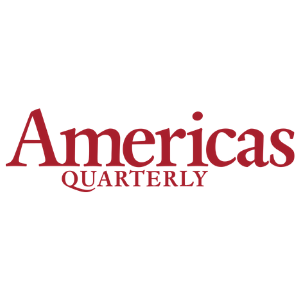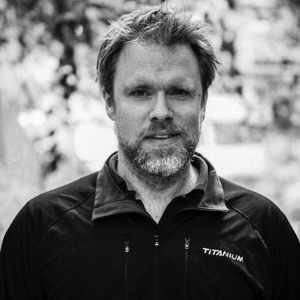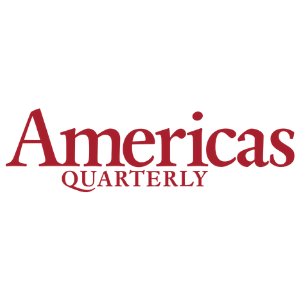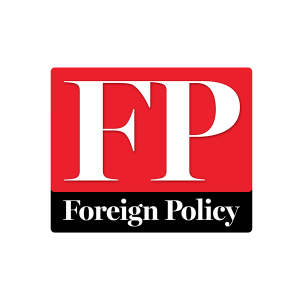
Brazil and Venezuela clash over migrants, humanitarian aid and closed borders
Venezuela’s borders are now dangerous flashpoints in a tense showdown between President Nicolas Maduro and Venezuela’s self-declared interim president, Juan Guaidó.

Venezuela’s borders are now dangerous flashpoints in a tense showdown between President Nicolas Maduro and Venezuela’s self-declared interim president, Juan Guaidó.

The crisis in Venezuela risks descending into civil war. The all-out power struggle between President Nicolas Maduro and Juan Guaidó is likely to escalate as Guaidó returned to Venezuela on Monday.

The stench of burning tires is hard to escape. Haiti’s capital, Port-au-Prince, is again littered with smoldering barricades.

Religious violence is undergoing a revival

Brazil has a crime problem. It is the country with the most homicides in the world, registering almost 64,000 last year—seventy-three percent of which involved guns

Faced with an epidemic of homicidal violence and relentless corruption, newly elected governments in Latin America have unveiled ambitious crime reduction plans

It is now well documented that global warming is a multiplier of insecurity and conflict

In some areas of the world, including Central America, rising sea levels and declining agricultural productivity due to climate change are expected to trigger major migratory flows, especially within countries.

For centuries, herdsmen across Africa’s Sahel headed south during the long, hot dry season.

The warning signs are increasingly hard to ignore

Brazilians are desperate for better public security, and not without good reason

We are living through an era of intense turbulence, disillusionment and bewilderment.

Is the world becoming less violent? The answer is yes and no.

“Anti-migrant sentiment is at fever pitch.” Seeing ourselves as others see us

Long an advocate for refugee rights, Brazil’s response to the Venezuelan crisis has fallen short. Here’s how it could be improved. By Maiara Folly and Robert Muggah Published in Americas Quarterly It’s official. Venezuela is suffering the worst migration crisis in Latin American history. Faced

Cities, not nation-states, are the dominant unit of human organization in the twenty-first century.

Legal gun sales – and black market forces – keep arms flowing across the U.S.-Mexico border

This idea has gained momentum as Peru, Bolivia and Brazil join forces to build a corridor that would stretch over 3,800 km from the port of Santos, in Brazil, across Bolivia to the port of Ilo, in Peru.

An ultraright populist just won the presidency of Latin America’s largest country.

Cities, not nation states, are the dominant form of human civilization in the 21st century.

An ultra-right populist just won the presidency of Latin America’s largest country.

From the crowded markets of Dakar and Karachi to the informal settlements of Addis Ababa and Rio de Janeiro, urban technology seems to be thriving everywhere

A dangerous right-wing populist who preys on division and disunity looks to be headed for the presidency

After years of corruption scandals, economic malaise, and deepening political polarization, Brazilians have lost faith in the promise of democracy, and could soon elect a dangerous authoritarian to the presidency.

A surge in migrants has fueled populist backlashes in cities around the world. But urban areas have a key role to play in mitigating the crisis.

In less than a week, Brazil will vote in the most uncertain presidential elections since its return to democracy in 1985.

More than 2.3 million Venezuelans – roughly 7 percent of the entire population – have fled the country’s political and economic crisis since 2014, the largest human displacement in Latin America’s history.

Wars are on the rebound. There are twice as many civil conflicts today, for example, as there were in 2001.

Cristian Sabino was sitting on a plastic chair by this beach resort’s central market when a gunman walked up and shot him five times. As the 22-year-old dropped to the ground, the assailant fired a final bullet to the head and walked away.

Mali experienced a rare glimmer of stability this month. Although voter turnout was dampened by security fears, the country pulled off the second round of a presidential election on Aug. 12.

O Instituto Igarapé utiliza cookies e outras tecnologias semelhantes para melhorar a sua experiência, de acordo com a nossa Política de Privacidade e nossos Termos de Uso e, ao continuar navegando, você concorda com essas condições.

